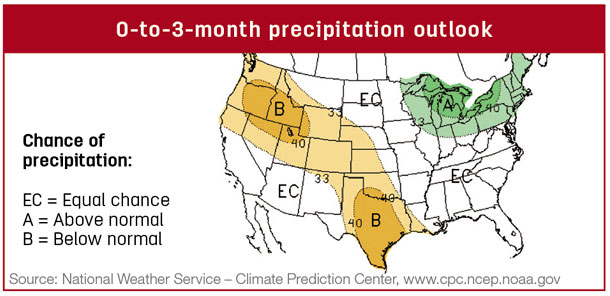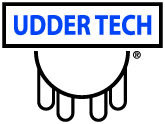Separating cows from calves is a key step in making sure the day goes smoothly. There are different ways to do this but, regardless of which method you use, it should be done in a manner that keeps cattle as relaxed as possible.
It is also good to minimize the time calves are separated from cows. If calves get excited, it increases cortisol levels, which can have negative effects on vaccine efficacy.
A successful vaccine program starts with selecting the appropriate vaccines for your operation. A basic vaccine program for 2- to 3-month-old calves would include a 7-way or 8-way clostridial vaccine and a viral respiratory vaccine. The viral respiratory vaccine would include infectious bovine rhinotracheitis, bovine viral diarrhea, parainfluenza virus 3 and bovine respiratory syncytial virus.
Sometimes, the 7-way or 8-way clostridial vaccine is referred to as a blackleg vaccine, but blackleg is only one component of those products. Other vaccines may be important in some areas, so visit with a large-animal veterinarian to make sure all pertinent vaccines are included.

In addition to selecting and purchasing the right vaccines, they must be handled correctly throughout the process. Tom Troxel, retired professor at the University of Arkansas, did a study looking at the temperature of refrigerators. The study measured the temperature in 239 refrigerators every 10 minutes for 48 hours.
The majority of the refrigerators were located at farms or ranches; some were also located at vet clinics and retail stores.
It is recommended vaccines be stored in refrigerators that maintain temperature between 35 and 45ºF at least 95 percent of the time. Only 26 percent of the refrigerators met this recommendation. This highlights the importance of monitoring the refrigerators vaccines are kept in.
Vaccines should also be protected from sunlight. While working cattle, keep vaccine in a cooler and keep syringes out of the sun as much as possible.
Disinfectants can reduce the efficacy of vaccines, so only clean repeating syringes with boiling water. Additionally, don’t wipe needles used to give vaccine with any disinfectants.
Paying attention to these details can help your vaccination program be more successful. ![]()

-
Jason Banta
- Associate Professor and Extension Beef Cattle Specialist
- Texas A&M University
- Email Jason Banta







